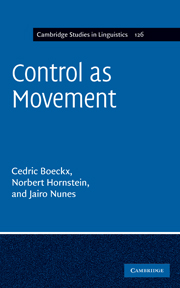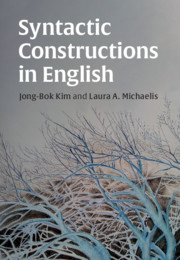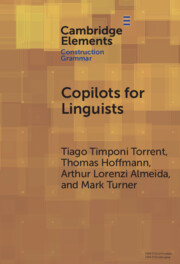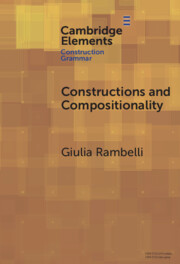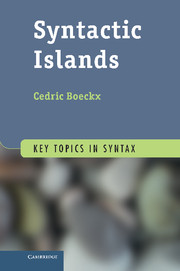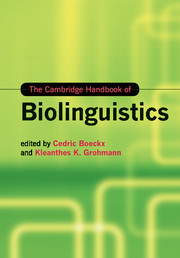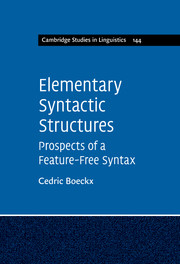Control as Movement
The Movement Theory of Control (MTC) makes one major claim: that control relations in sentences like 'John wants to leave' are grammatically mediated by movement. This goes against the traditional view that such sentences involve not movement, but binding, and analogizes control to raising, albeit with one important distinction: whereas the target of movement in control structures is a theta position, in raising it is a non-theta position; however the grammatical procedures underlying the two constructions are the same. This book presents the main arguments for MTC and shows it to have many theoretical advantages, the biggest being that it reduces the kinds of grammatical operations that the grammar allows, an important advantage in a minimalist setting. It also addresses the main arguments against MTC, using examples from control shift, adjunct control, and the control structure of 'promise', showing MTC to be conceptually, theoretically, and empirically superior to other approaches.
- Argues in favour of the Movement Theory of Control, providing solutions for apparent problems and offering empirical evidence
- Provides a general overview of the current debate on an important issue of grammatical theory
- Written by three world-renowned scholars in the field of generative syntax
Product details
August 2010Hardback
9780521195454
274 pages
229 × 155 × 20 mm
0.6kg
Available
Table of Contents
- 1. Introduction
- 2. Some historical background
- 3. Basic properties of the Movement Theory of Control
- 4. Empirical advantages
- 5. Empirical challenges and solutions
- 6. On non-obligatory control
- 7. Some notes on semantic approaches to control
- 8. The movement theory of control and the minimalist program.

